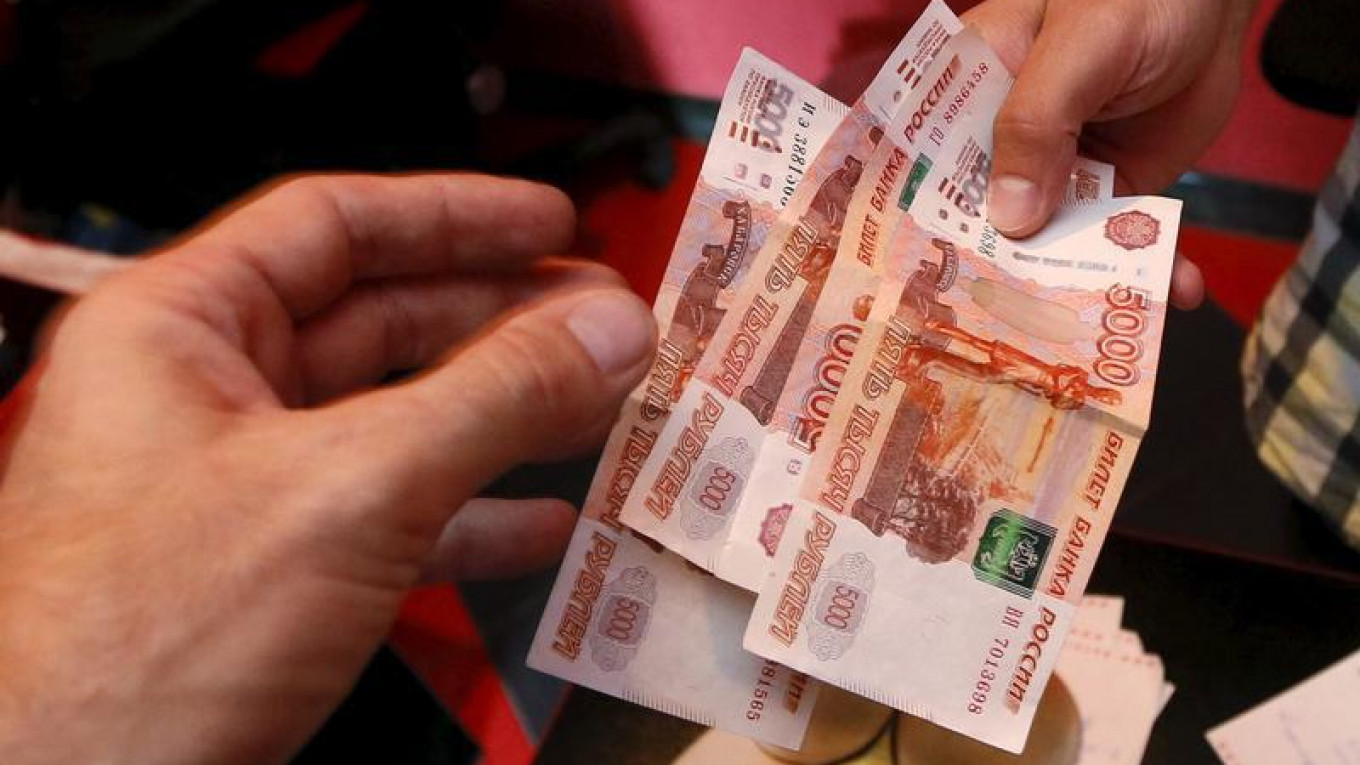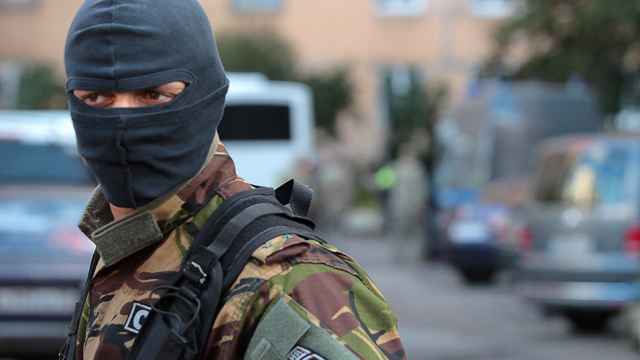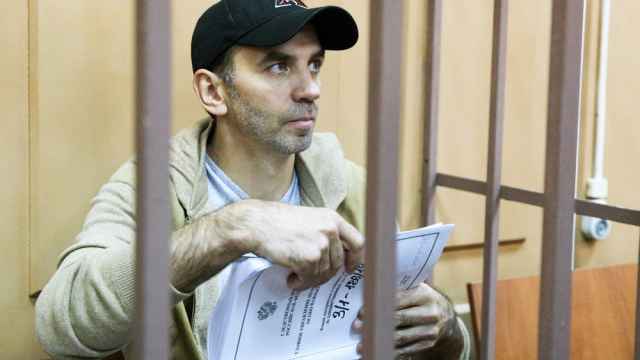Russia’s National Anti-Corruption Committee has seen a tripling in bribe-taking in the past year to nearly $119 million.
Transparency International anti-corruption charity’s global survey said that every third Russian paid a bribe for public services in 2017. Russia ranked 135th out of 180 countries in the NGO’s latest Corruption Perceptions Index.
“The total amount of bribes received for all reported crimes under Article 290 of Russia’s Criminal Code amounted to 6.7 billion rubles [$119 million],” the state-run RIA Novosti news agency reported Monday, citing the anti-corruption committee’s bulletin.
In 2016, the committee recorded 2.3 billion ($41 million) rubles in accepted bribes, the news agency reported.
The RBC business portal cited Transparency International Russia’s deputy head Ilya Shumanov as saying that 7 billion rubles in accepted bribes was the “tip of the iceberg.”
“Approximately the same amount was found in the apartment of Interior Ministry colonel Dmitry Zakharchenko,” Shumanov said, referring to a continuing high-profile case involving the former anti-corruption cop.
A Message from The Moscow Times:
Dear readers,
We are facing unprecedented challenges. Russia's Prosecutor General's Office has designated The Moscow Times as an "undesirable" organization, criminalizing our work and putting our staff at risk of prosecution. This follows our earlier unjust labeling as a "foreign agent."
These actions are direct attempts to silence independent journalism in Russia. The authorities claim our work "discredits the decisions of the Russian leadership." We see things differently: we strive to provide accurate, unbiased reporting on Russia.
We, the journalists of The Moscow Times, refuse to be silenced. But to continue our work, we need your help.
Your support, no matter how small, makes a world of difference. If you can, please support us monthly starting from just $2. It's quick to set up, and every contribution makes a significant impact.
By supporting The Moscow Times, you're defending open, independent journalism in the face of repression. Thank you for standing with us.
Remind me later.






